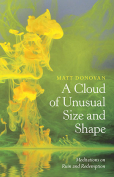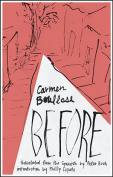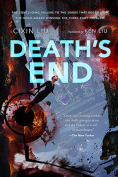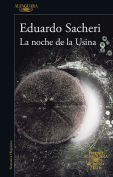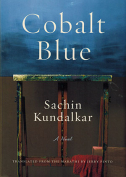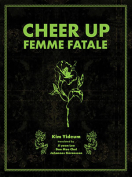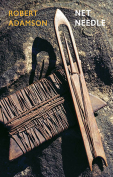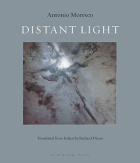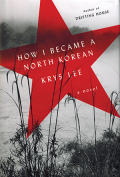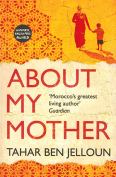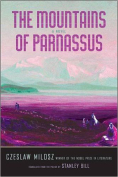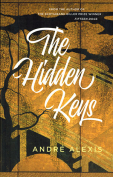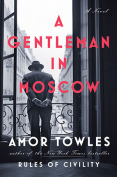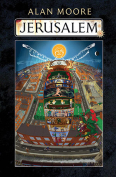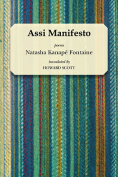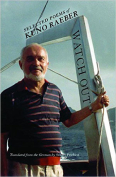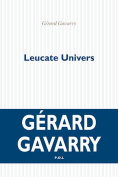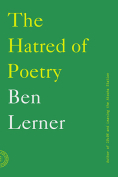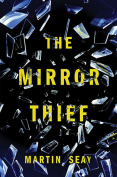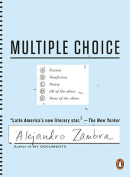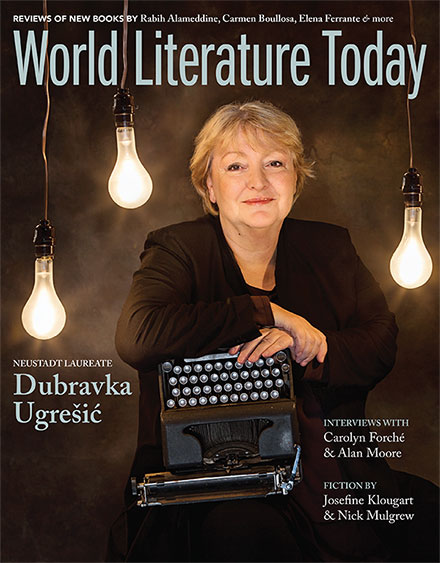A Cloud of Unusual Size and Shape by Matt Donovan
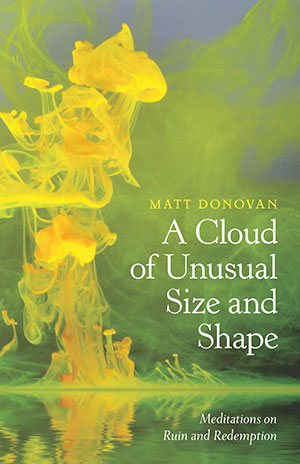 San Antonio, Texas. Trinity University Press. 2016. 253 pages.
San Antonio, Texas. Trinity University Press. 2016. 253 pages.
There is a huge arc that links the first incomparable essay (on the atom-bomb crater at Trinity, New Mexico) to the final expansive one about the Pantheon in Rome, and this arc culminates in a massively bracing negative capability. Matt Donovan’s expansive erudition over fourteen meditations on ruin and redemption is never deadening: everything from painting, architecture, engineering, sculpture, photography, film, literature, music, geography, history, and mythology seems to be embraced in large loops. An ancient mosaic in Pompeii stirs him to remember Keats; Tuscany evokes Michelangelo, Shakespeare, Rothko, Masaccio, and, more intriguingly, a haiku by Issa; and in the final essay, Donovan gathers together Caravaggio, Dante, George Herbert, Marguerite Yourcenar, Brueghel, Walter Benjamin, the Psalms, Pope Alexander VII, Mussolini, and Elizabeth Bishop.
Not every essay is a masterpiece or even substantial enough, but even the slightest ones (such as one on Japanese cherry blossoms and a banal haiku) emphasize his humanist perspective. In “Garden of the Fugitive,” Donovan confesses to feeling nothing about the body casts of the perished in Pompeii because poignancy is ruptured through replication and there is little of the human to be found in the human-shaped hollows.
At his best, Donovan writes almost poetically as he combines personal experience with dream symbolism, history with metaphysical inquiry. That kid in an Ohio night who aimed a flashlight straight at a star-clustered sky, and who mused on his “clipped beams soaring off into blackness, cruising the cosmos, bound to strike something decades on” has become a Lannan Fellow acutely concerned about “the conspicuous absence” of what is human in history. As he parses through ruin, “looking for things rich and strange,” he admits that he rarely knows what he is looking for. Even when he discovers certain verities, he interrogates himself, wondering how much certainty he wants in what he seeks.
Keith Garebian
Mississauga, Canada


